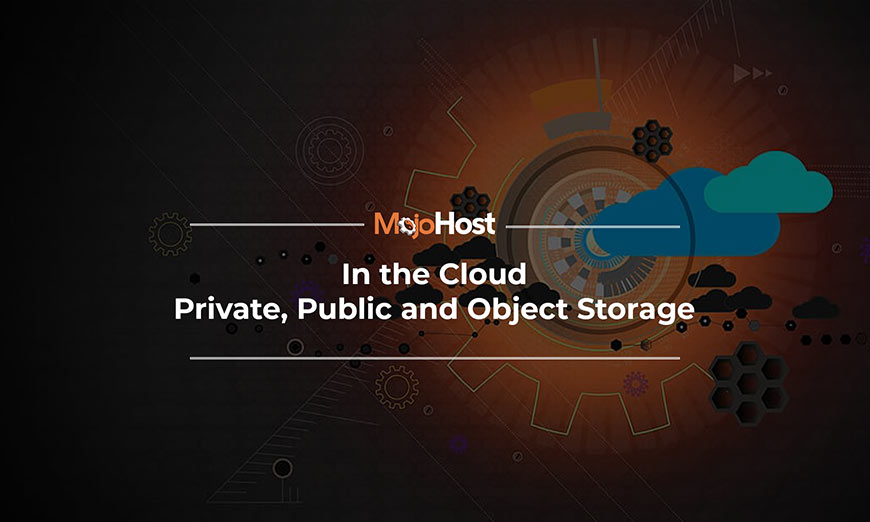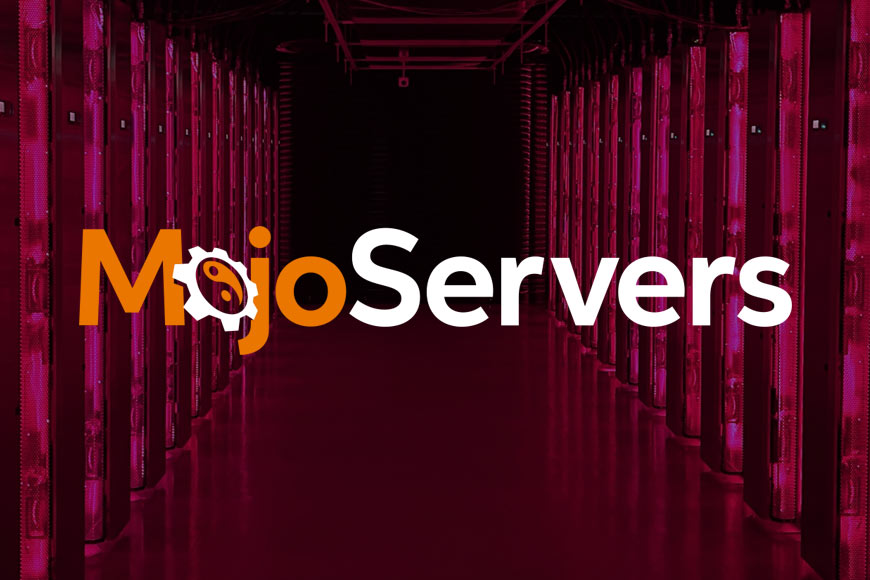Today marks an exciting milestone for MojoHost and the rapidly…

In recent years cloud computing has gained popularity. It can provide a simple way for people to store data that they would usually have stored on their computers locally in the past.
What is this cloud you speak of?
But first off, what the hell is the cloud? When the word was chosen, it was likely done to simplify the complexity of the matter. In very simple terms, the cloud is a type of infrastructure where resources of multiple servers – memory, storage, CPU, and others, are pooled together to create scalable, highly available resources. Resources can then be divided in any way, without heed to actual physical servers. When you store files in a cloud, you may be using multiple servers to do so, and when your application uses memory, that memory may come from a range of servers and not just one. So, yes – as the joke goes, there is no cloud, it’s just someone else’s computer, but the fact of the matter is that it is a large array of computers, which allows for scaling and redundancy that is not available on a single machine.
Types of cloud
Cloud computing can be used for data storage (cloud storage) and computing power. Cloud storage is a fantastic way not to have to be concerned with the amount of space your server is using, and deal with upfront expenses, planning, and the overhead of administration of NAS/SAN devices (network-attached storage/storage area network). Access to massive amounts of space is easy and highly available.
There are three major types of cloud services:
Object Storage
The design of object storage is to be a scalable, static data solution. It is sectioned into distinct units or objects. These objects are segregated into buckets, with all relevant metadata and identifiers. Object storage works differently from file or block storage. There isn’t a directory tree or hierarchy, nor is it accessed directly by the operating system. Access occurs through APIs and the application level. This type of storage makes static data more scalable and available compared to traditional solutions. With Object Storage you can seamlessly store hundreds of millions of files without the limitations of traditional storage. Additionally, you can read, write, and delete those objects as you desire.
Private Cloud
Private clouds are single-tenant environments where all the servers belong to you. This type of cloud is customizable and you have your private network. Some businesses, primarily ones that need to be in absolute control of their own company’s data, choose to utilize a private cloud rather than a public cloud. A private cloud is usually the better choice for large businesses and organizations. It puts the owner in full control of the environment. Naturally, the option is for companies that need a larger scale and is therefore the more expensive solution.
Public Cloud
Public clouds are multi-tenant. OS instances are isolated from other tenants, however, other tenants are present and the solution isn’t as customizable. This solution is a low-cost alternative to private clouds.
The team at MojoHost is currently working on launching a public cloud, however, this isn’t currently available to customers just yet.
There are also hybrid clouds that are available, which utilize a combination of public and private clouds. This can allow organizations a more considerable amount of customization and flexibility.
If you are considering a managed private cloud solution, MojoHost will deliver an environment that will fit your needs. Private Cloud Architecture at a fraction of the cost of big cloud companies, MojoStorage has superior performance, reliability, and value. Reach out and speak to our sales team as well as solution architects to create a proposal.




